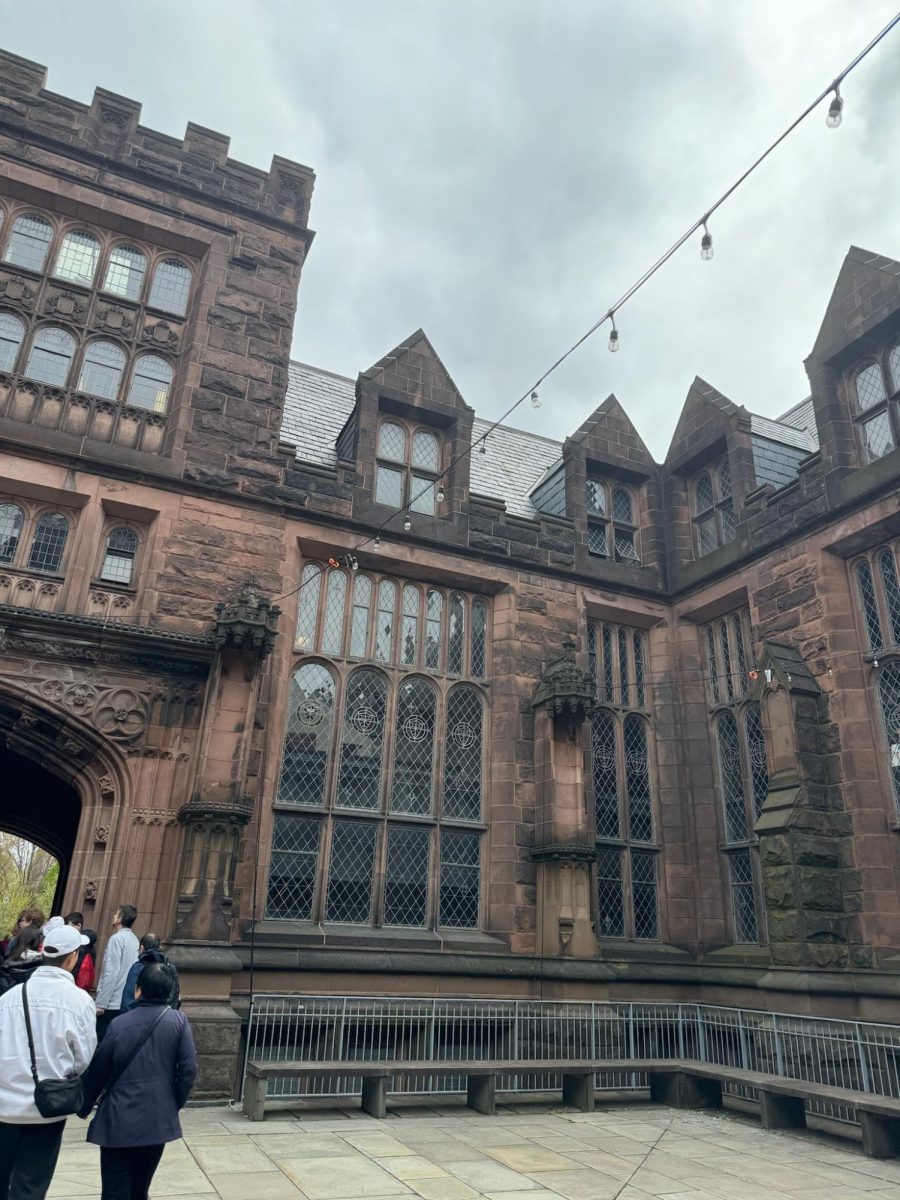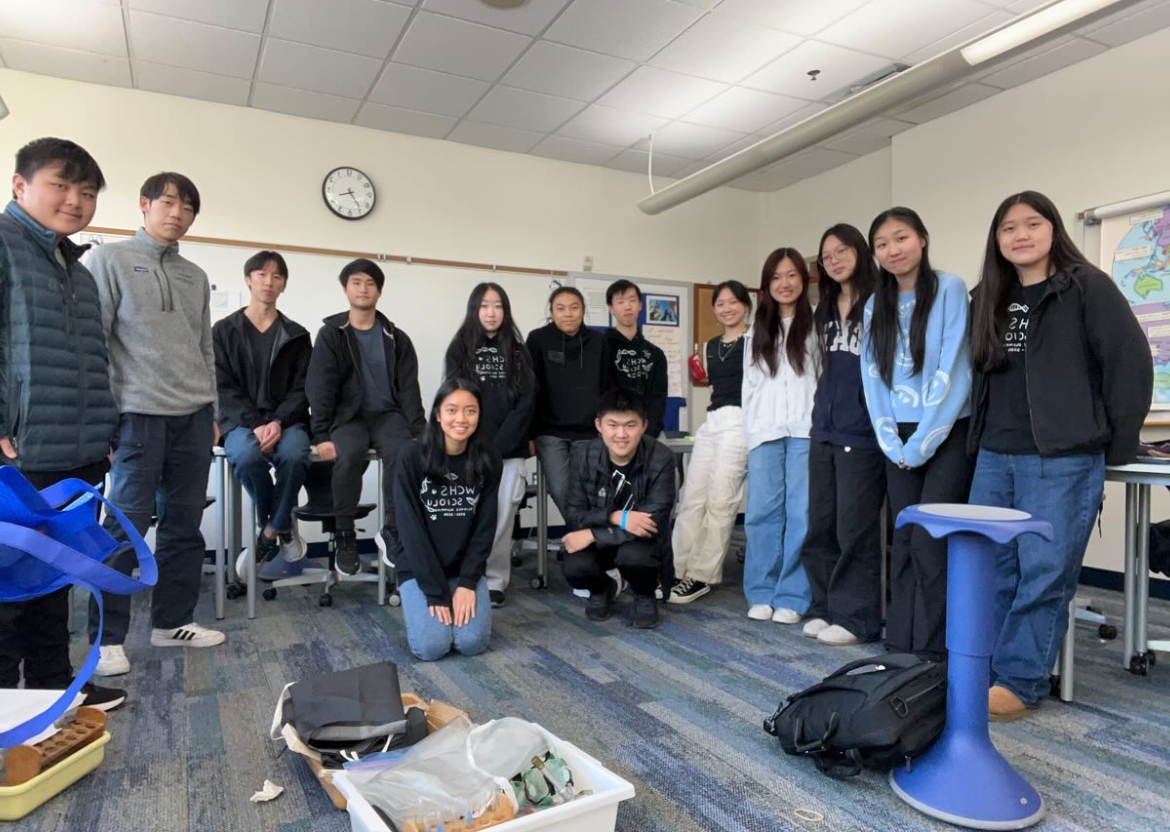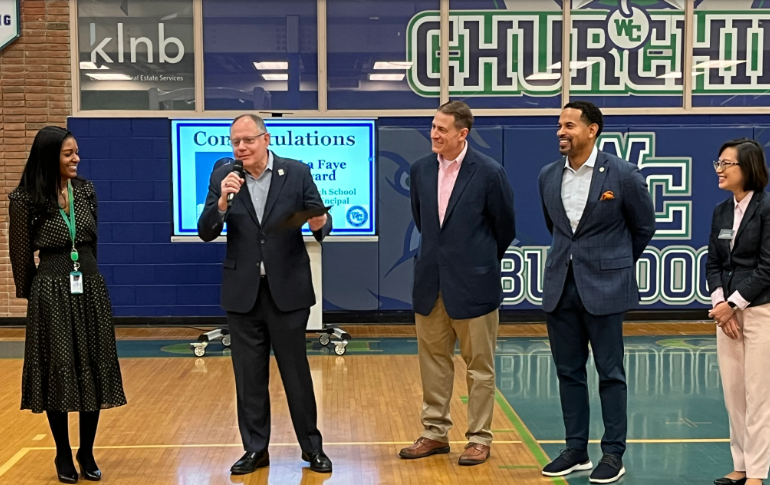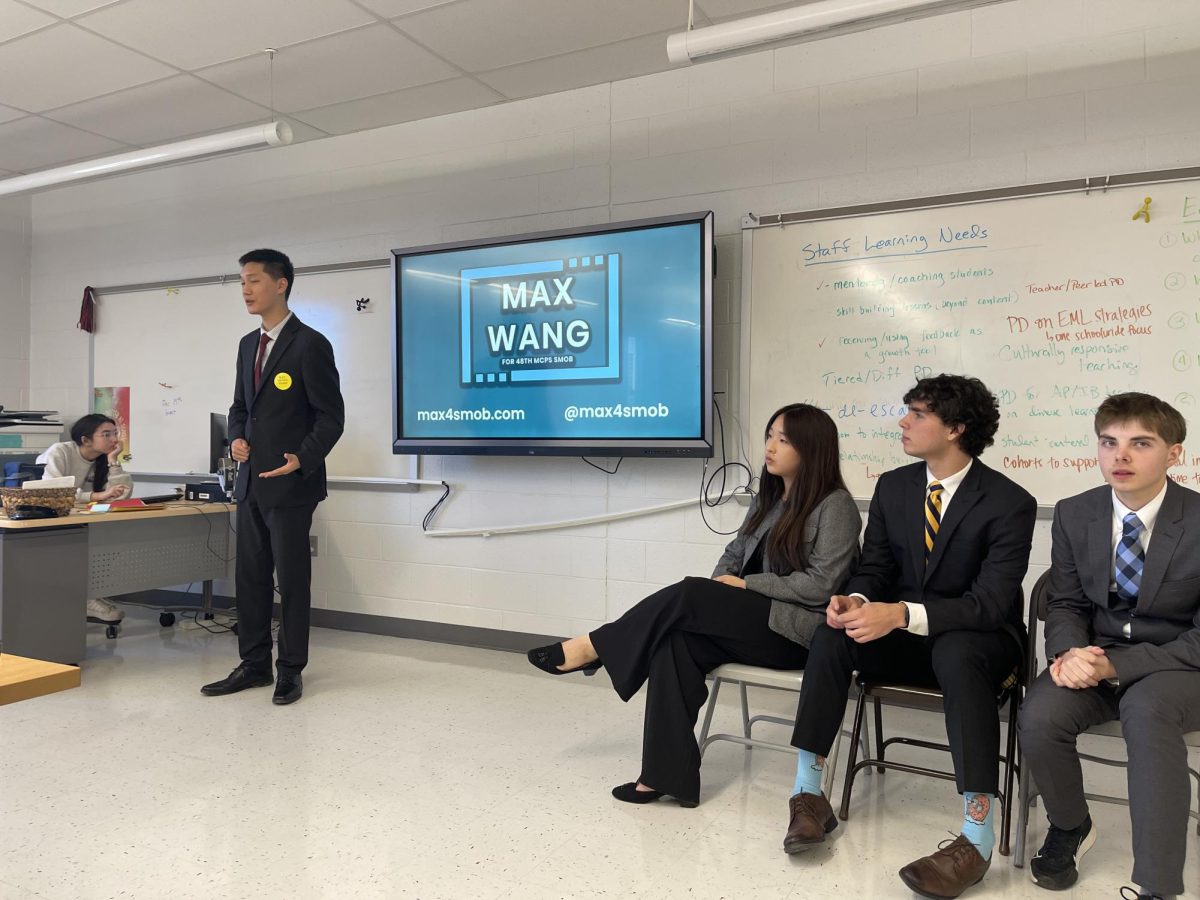“Thank you.”
These two simple words not only make the receiver feel appreciated, but they also have a profound effect on the thanker. Studies have shown a connection between those who practice gratitude and those who live happier lives.
“The trend is that people who practice gratitude show more positive emotions and better health,” said Lois Hartman, a clinical professional counselor who practices in Rockville, MD. “Such people are readier to accept happy moments and have stronger mentalities against adversity.”
An experiment conducted by Robert Emmons, a lab director of psychology at the University of California, found that those who wrote down the positives that they are grateful for in their lives, as opposed to those who wrote about negative or neutral events, were generally more optimistic and happier.
Not only are people happier as a result of gratitude, but they also can experience many other benefits.
According to a 2012 Huffington Post article, studies documented in places such as the Journal of Personality and Social Psychology and the Journal of Happiness Studies showed that grateful teens are not only happier and more positive, but also have higher GPAs, are more social and are more likely to experience greater continuous energy when playing on sports teams.
A study from the Journal of Applied Psychology: Health and Well-Being also found that writing out what one is grateful for before going to bed can help one fall asleep faster and can make for a better, more productive rest.
According to Hartman, one can achieve a grateful mentality using several methods such as writing a gratitude journal where one jots a few things he is grateful for each day, writing thank you notes, verbally expressing one’s gratitude and meditating to focus on the present without judgment. Putting up a visual reminder, such as a Post-It note, can make it easy to remember to focus on the positives.
As Thanksgiving draws near, thankful CHS students reflect on what they are grateful for.
“I’m very grateful for the many opportunities I have as a student, having good teachers, friends, family,” sophomore Hannah Wang said. “I’m also grateful for the new Pokemon X and Y game.”
According to Senior Audrey Hagege, helping with Best Buddies, a program at CHS where students help students with intellectual and developmental disabilities, has both opened her eyes to what she is grateful for and given her the opportunity to receive gratitude from parents and students in the club.
“Doing best buddies has made me grateful and helped me realize my own troubles in a different perspective, keeping me grounded,” Hagege said. “The parents of the students seem thankful for the small things I do in the club, and that makes me feel happy that I’ve made an impact.”
Junior Antonio de Candia agrees that having a grateful attitude makes life a little easier.
According to de Candia, being grateful creates a chain reaction of spreading the love and realizing that life is “groovy.”
Although November is the only month with a major focus on giving thanks, it’s a good idea to carry a thankful attitude for the entirety of the year.
“Expressing gratitude is a form of giving back something you owe in return,” Wang said. “When you do so, you’re showing that something someone did is meaningful and has made a difference to you, that it was worth it.”







